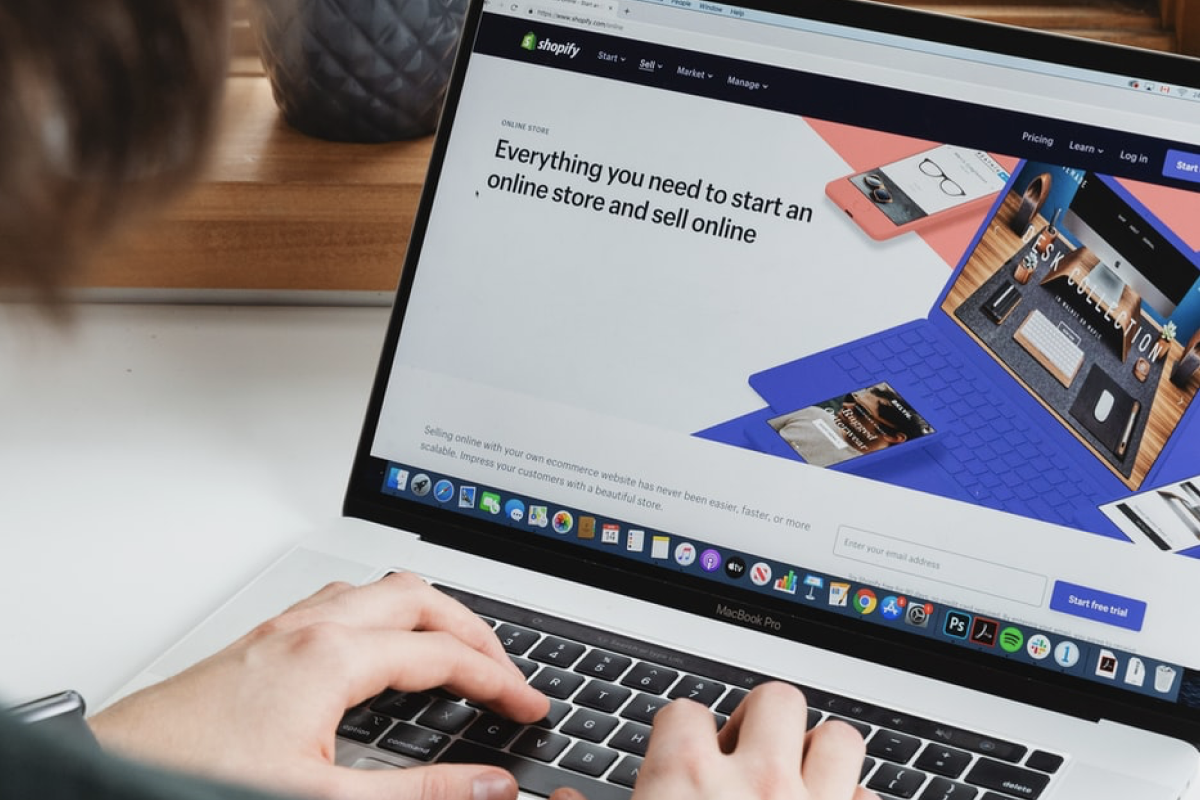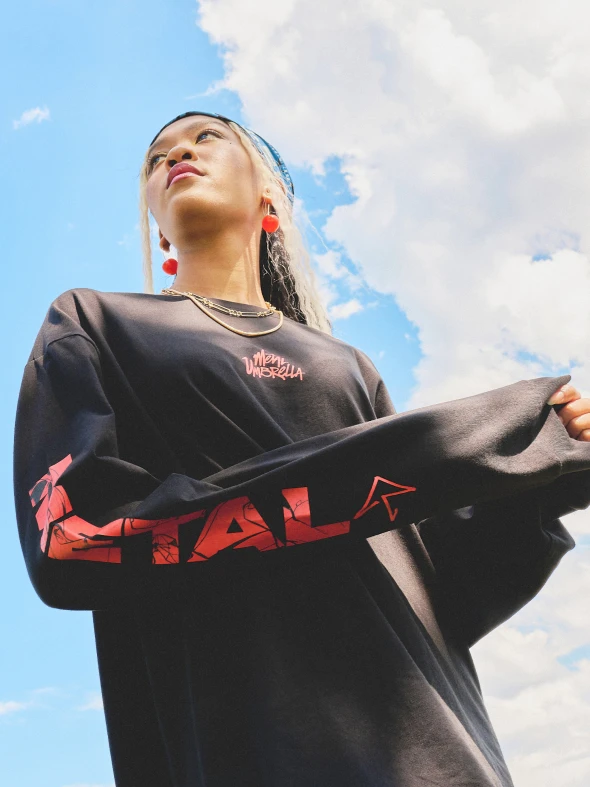Design Better E-commerce with Information

Quick Summary Digital product designers can create a variety of applications and interfaces with vastly different use-cases. Our designers at Avex specialize in crafting eCommerce experiences, which generally include similar page types: homepage, collection pages, product pages, etc. We use information to ensure that we are creating these similar pages in a way that’s truly usable for the client’s customer base.
E-commerce vs. General Product Design
Digital product designers can create a variety of applications and interfaces with vastly different use-cases. Our designers at Avex specialize in crafting e-commerce experiences, which generally include similar page types: homepage, collection pages, product pages, etc. We use information to ensure that we are creating these similar pages in a way that’s truly usable for the client’s customer base.
E-commerce Design is Information Design
We say this because information is how we truly distinguish the user experience from one e-commerce site to the next.
What we collect information on:
The Client:
- We interview the client to understand their needs, goals, and pain points, as well as understanding their product catalogue.
The Vertical:
- We become experts in the client’s industry, learning what’s truly important for the types of products they sell.
The Consumer:
- We attempt to learn about a client’s needs in their vertical either through the clients themselves or research reports. If the audience is specialized or niche, we try to conduct in-depth interviews with a few people.
We then build these pages around the critical information of consumers’ needs to make purchase decisions. If it’s flowers, it could be the delivery date and longevity; for clothes, it’s having a size guide. If consumers can gain all valuable information needed to make a purchase within the main user flow, we can increase conversions and decrease bounce rates.
Enhance without Defying Expectations
Proper e-commerce design is enhancing the standard practices users are familiar with, rather than reinventing the wheel.
Collection pages are a grid of content blocks that showcase products. Stores shouldn’t heavily deviate from this design, but they can be enhanced.
Coffee Example
- A company is selling coffee.
- We learn that tasting notes and roast are critical information to consumers.
- We add tasting notes and roast to the collection listing to guide users to the products they are looking for to decrease browsing time.



